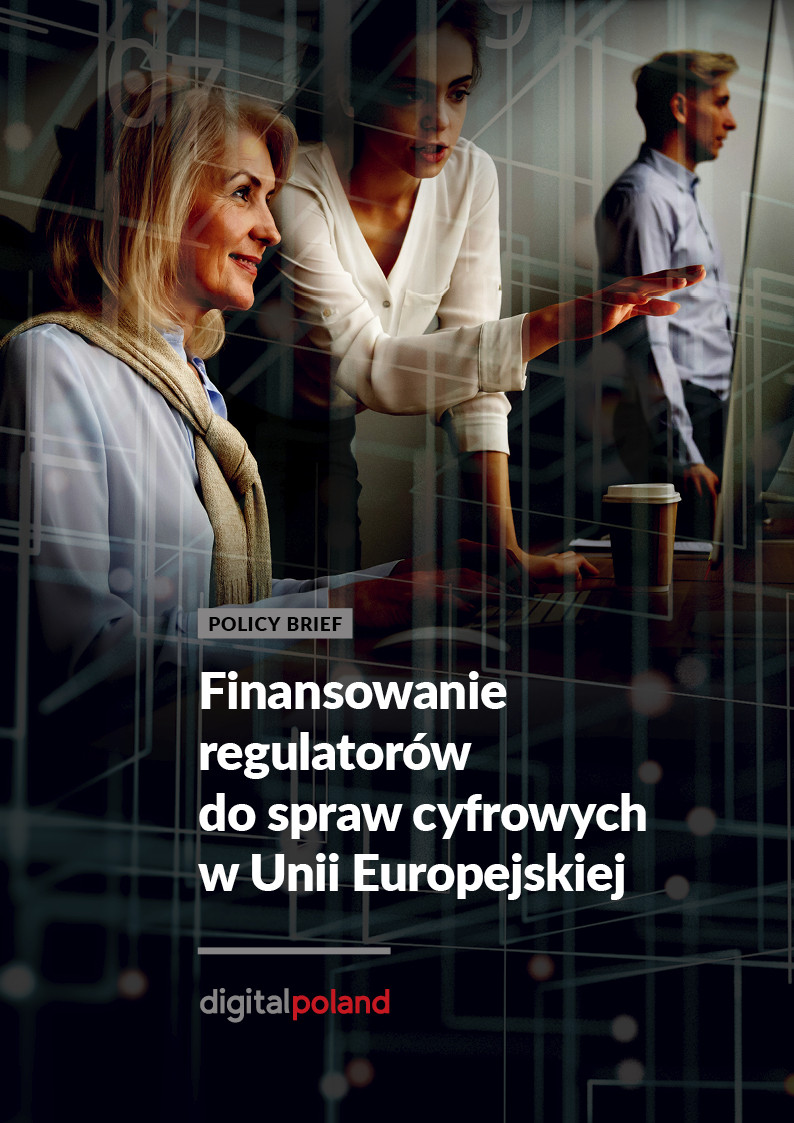Our website is using cookies to deliver best possible experience to you. By using it you agree to cookies policy.
New EU digital regulations, such as the DSA, DMA and AI Act, pose unprecedented challenges for national regulators. The Digital Poland Foundation's policy brief looks at how to ensure they have adequate funding, resources and competences to effectively enforce the law and protect users.

With the entry into force of new EU regulations such as the Digital Services Act, the Digital Markets Act and the AI Act, national regulators in the EU have faced unprecedented challenges. Their role has grown to be crucial - they must not only oversee compliance by digital platforms and technology companies, but also coordinate with EU institutions and handle citizen submissions.
New responsibilities, new challenges
New legislation has significantly expanded the scope of regulators' competences. In addition to traditional oversight, they have to register entities, operate complaint bureaus, certify AI systems or monitor digital security. In many countries - including Poland - new tasks are transferred to already existing institutions, leading to their overload and requiring increased funding and the employment of specialists in law, technology and data analysis.
Organisational models - diversity in the EU
The policy brief shows that EU countries use a variety of supervision models: from setting up new agencies (Spain), to expanding the competences of existing bodies (France, Sweden), to creating hybrid inter-institutional committees (Poland). Each solution has its pros and cons - from the speed of implementation to the risk of dispersal of responsibility.
Where does the money for effective oversight come from?
A key theme of the policy brief is the funding of regulators. The authors identify four main sources:
sectoral levies from supervised companies (e.g. digital platforms)
public funds from the state budget
EU funds and project grants
private sector co-funding through alternative dispute resolution.
A mixed model, combining different sources while maintaining the independence and transparency of the operation, produces the best results.
Conclusions
Without adequate financial and human resources, even the best legislation will remain dead. The effectiveness and independence of digital regulators is a prerequisite for the smooth functioning of the EU Digital Single Market - and one of the key pillars of security and trust in the digital world
Read more in the material in the publications section.